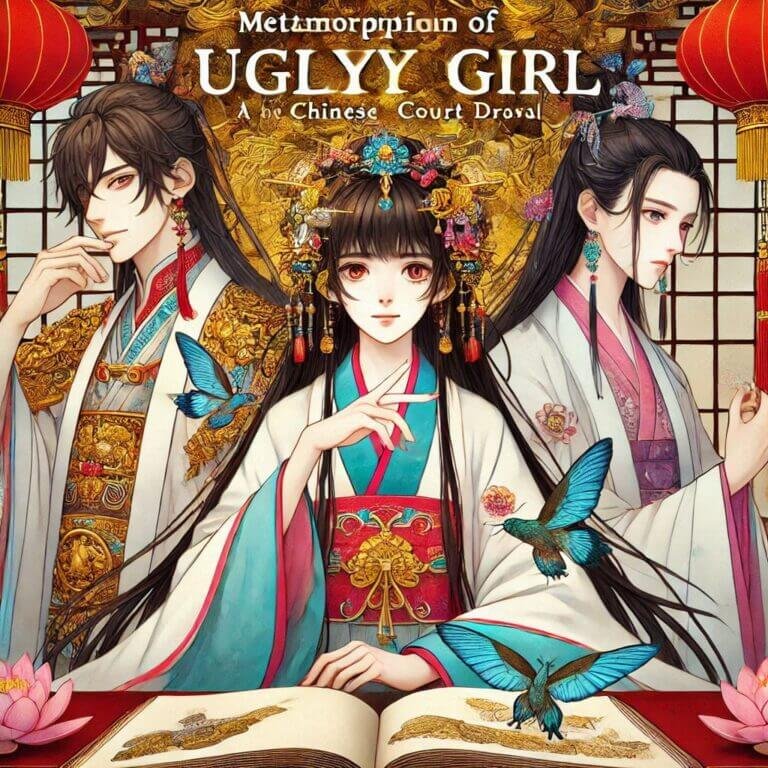Huan’ren County is a few dozen li from the capital, and Baoyan Mountain is rich with dense forests and valleys, making it an excellent hunting ground. With summer just passing, a group of young dandies, bored, agreed to go hunting in the mountains. Fu Shen was forced to be the host and had to send servants to clean and prepare for the guests. Consequently, his wife Qin shi was extremely unhappy, constantly criticizing him at home for being a wasteful spendthrift.
Fu Shen, tired of socializing and annoyed by her nagging, was about to find an excuse to lash out when his second uncle suddenly returned from the northern frontier.
Fu Ting’xin quickly pacified Qin shi, telling Fu Shen to go out and enjoy himself without worry. When he returned, Fu Shen no longer wanted to leave. Fu Ting’xin had no children of his own, and Fu Shen had grown up under his care, learning both literary and martial arts directly from him, making their bond closer than that of father and son.
In the 19th year of Yuantai, Fu Tingyi was assassinated by Eastern Tartars. The following year, Fu Tingxin died in battle in the northern frontier. That same year, eighteen-year-old Fu Shen donned his armor and left the capital, stepping onto the northern battlefield.
In the 25th year of Yuantai, Fu Shen returned to the capital wounded and was betrothed by Emperor Yuantai.
No matter how bitter and vengeful he would become later, Fu Shen was still an innocent and flamboyant young master at that time.
Those close to Fu Shen were mostly scions of noble families. In this dynasty, civil officials were not granted titles, and noble families were mostly from military backgrounds. These half-grown youths spent their days wielding knives and practicing martial arts, unable to compose a single poem to a celestial beauty, let alone to a “gentleman among flowers”.
These big monkeys halfheartedly admired some orchids, had lunch, and when they heard that food and water were ready, they immediately mounted their horses, carried their hawks, and rushed into the mountains with excitement.

